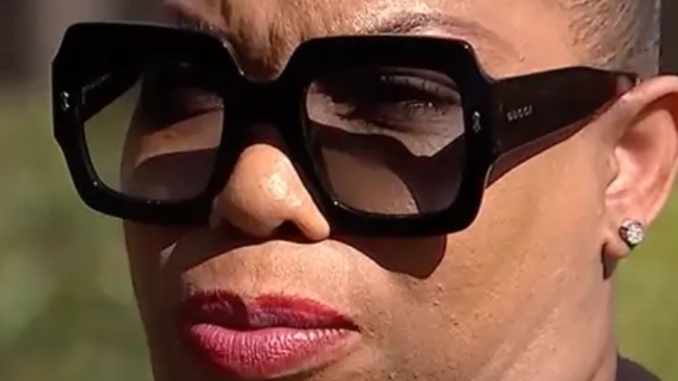
A fight over one missed $400 payment cost a North Carolina woman her home, which was later flipped for nearly $900,000.
Taylor Sanders saw none of that profit. She now views herself as a cautionary tale. The lesson: Don’t underestimate the power of your neighborhood homeowner’s association.
{snip}
Sanders’ story goes back five years when she was first informed she owed $400 in unpaid dues to the Weddington Hills Homeowner’s Association.
The HOA sent her multiple letters, but Sanders told Action 9 News she never received them. She acknowledges the $400 debt.
{snip}
“I thought it was a joke,” Sanders told the station.
It wasn’t, and soon Sanders would lose her 3,300-square foot home. It was sold, according to county records, for a paltry $49,000.
{snip}
Currently, under North Carolina law, HOAs have the authority to place a lien on a property if a homeowner doesn’t pay fees and dues.
If those dues remain unpaid, the HOA can initiate foreclosure proceedings. They’ve been given this power to enforce community standards, though, like Sanders, not everyone fully understands where their rights end and responsibilities begin.
{snip}
North Carolina legislators are considering a bill that would give homeowners increased rights. The new law would require a homeowner’s board to meet certain criteria before obtaining a lien on the property.
A HOA would be required to give delinquent dues payers proper notice about recoupment, providing clear details about the debt and the consequences of non-payment,
However, the bill has been stalled in the Legislature since last May.